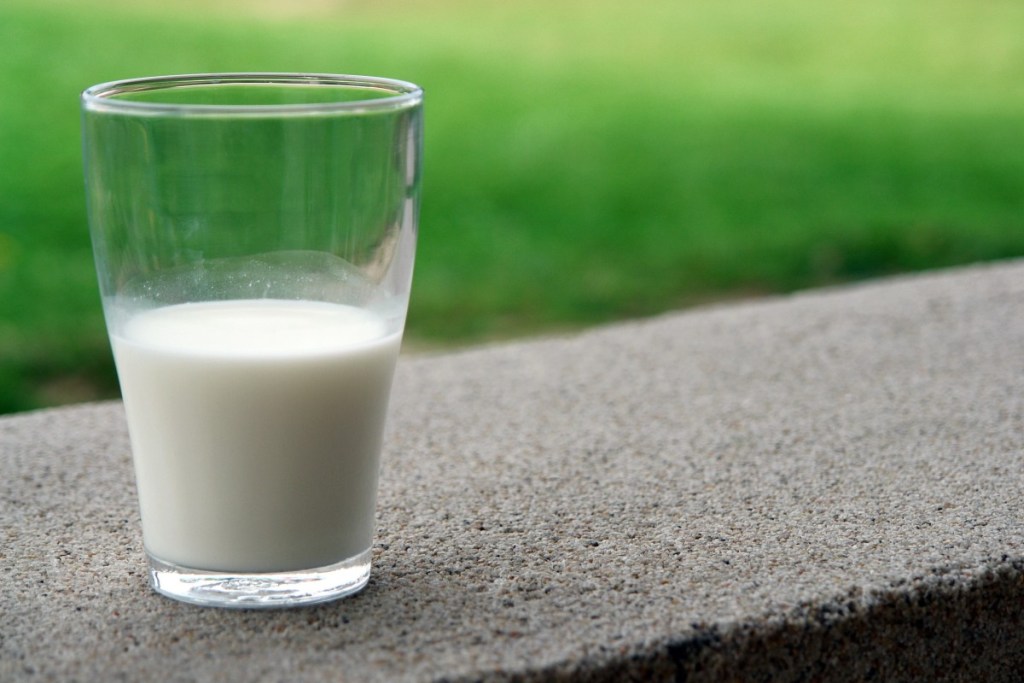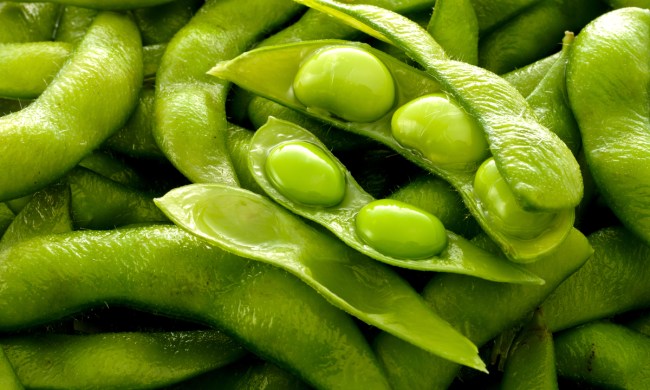When it comes to milk, you’ve got plenty of options. Gone are the days when cow’s milk took up all the prime real estate in the grocery store, and non-dairy milk alternatives sat in a small, lonely corner of the fridge. Times have changed. Milk alternatives are now not only mainstream but a dime a dozen. There’s almond milk, coconut milk, oat milk, soy milk, and more.
However, are milk alternatives healthy? If they are, what’s the healthiest milk alternative? Like so many things, the answer depends on your individual needs and values. That said, there are a few things you should know if you’re debating between cow’s milk and a non-dairy option. We’re here to help you chose the healthiest milk for you.

Why should I consider a milk alternative?
There’s not necessarily anything wrong with cow’s milk. However, there are plenty of reasons why someone, including you, might opt for something else. Here are a few popular ones:
- You want to go vegan. Since people who are vegan don’t consume animal products, cow’s milk is off the table. Plant-based alternatives like nut and soy milks are two go-to choices for this crowd.
- You (or people you live with) are allergic to milk. Cow’s milk has many health benefits. It has protein and minerals like calcium, which is essential for bone health. However, milk allergies are common in young children, and some people never grow out of them. Many people are intolerant of lactose, the sugar in milk.
- You’re environmentally conscious. A 2018 study found that the healthiest milk alternatives for Mother Nature included soy, oat, and almond milk. Each of these non-dairy drinks had a lower environmental footprint than cow’s milk.
What’s the healthiest milk alternative for me?
There are many options in non-dairy milk that you can add to your fridge. Here’s what to know about some of the most popular.
Oat milk
Oatly milk seems to be everywhere these days. Friends are posting photos of it on Instagram, and oat milk is suddenly all the rage at Starbucks. It’s slightly sweeter than cow’s milk. It’s also higher in fat (five grams) and has slightly more calories (120) than the skim version of moo juice, which has no fat and is typically 90 calories per cup. However, studies suggest drinking oat milk may help lower cholesterol.
Almond milk
Scientists share that almond milk is responsible for the fewest emissions out of any of the milk alternatives they studied, including dairy, oat, and soy. Therefore, almond milk may be the best choice for those switching to a plant-based milk alternative for environmental reasons, though you may want to research the amount of water it takes to grow almonds before making a final decision. It typically has fewer calories than other milks, including dairy. One cup of almond milk typically has about 45 calories, half that of a cup of skim milk. However, it usually has more fat (about three grams) and much less protein (one gram) than dairy milk. It also comes in flavors, such as vanilla, though those options may have more sugar. Almond milk may not work for someone with nut allergies.
Soy milk
One of the most significant issues people often have with plant-based milk options is the lack of protein. However, if you need a dairy alternative that with protein, consider filling your glass with soy milk. It has about seven grams of protein, which is comparable to dairy milk. Soy milk does have more fat (four grams) than skim but less than low-fat cow’s milk. One major potential con? Like dairy, soy is a common allergen.
Coconut milk
Coconut milk contains no dairy or nuts, making it a popular choice for people with allergies. It has more fat than most milks (about five grams) but only around 50 to 60 calories per cup. It doesn’t have any protein, though, so ensure you’re getting that essential nutrient from other sources like legumes and tofu. Consider looking for one fortified with calcium, vitamin A, and vitamin D to up its nutritional value.
Non-dairy milk is healthy and a great choice, particularly if you are vegan, have an allergy, or are environmentally conscious. The healthiest milk for you will depend on a variety of factors, some of them dietary. For example, if your diet lacks protein, soy milk may be the best option for you. Other preferences, like the taste, may also come into play. Taste test a few to find the one you like best. What’s more, some milks can be fortified with vitamins and minerals, including calcium and vitamin D, helping you to reap the pros of cow’s milk without dealing with the cons.
BlissMark provides information regarding health, wellness, and beauty. The information within this article is not intended to be medical advice. Before starting any diet or exercise routine, consult your physician. If you don’t have a primary care physician, the United States Health & Human Services department has a free online tool that can help you locate a clinic in your area. We are not medical professionals, have not verified or vetted any programs, and in no way intend our content to be anything more than informative and inspiring.




